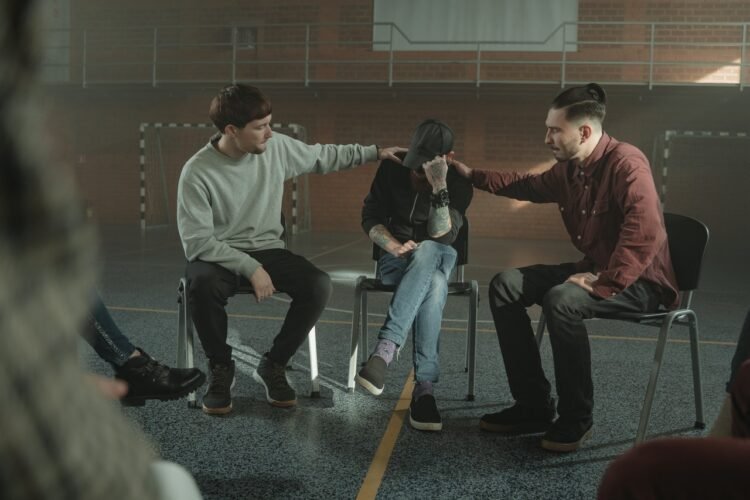Quitting alcohol might not be comfortable doing it all alone, especially if you have been drinking for a very long time.
When you finally agree to stop drinking, the first 72 hours might be difficult to go through; you might experience a physical or psychological effect of alcohol withdrawal, including sweating excessively, hand tremors, anxiety, restlessness, and even alcohol craving.
The alcohol withdrawal period can be deadly, and if you do not receive the necessary care your condition requires, you may suffer seizures, tachycardia, or high blood pressure.
Remember that care and treatment are quite crucial and a fact that you must pay attention to better your life. Here is what you must know when it comes to overall care and treatment.

The Critical Point is To Acknowledge the Problem
Realizing you have a problem with alcohol or knowing that alcohol does your body more harm than good is the first step to quitting alcohol. You may need help if any of the following is true about your situation:
- You find that there is an uncontrollable urge to drink
- You get in trouble because of a drinking habit
- Your loved ones are endangered because of your drinking
- Your drinking is causing you problems, or you fall sick from time to time
When you have realized that you have a drinking problem that needs to stop, the next step is getting help.
How To Get Help Quitting Alcohol With Alcohol Treatment Centers
Here are a few ways that the right alcohol treatment centers will help you to guide yourself through to a different point in your recovery. Check out The Edge Treatment if you’re ready to turn away from alcohol addiction. These are a few of the suggestions that they might provide during and after your overall stay in such a place.
Get Rid of Temptation
Getting rid of temptation is what you can do by yourself. Remember to stay away from anything that triggers the urge to drink, avoid gatherings where alcohols are present, avoid bad influence, remove alcohol and alcohol-related items from your home.
Make Your Intentions Known to Your Friends and Family
Tell a friend or a family that you are trying to quit drinking alcohol, and tell them why you are making this decision. It might not be easy to go through the journey of quitting alcohol all alone. A frequent reminder from yourself and the people close to you helps you turn down the urge to take alcohol and remind you of your goals.
Find a Community
Joining a community and building a new relationship with like-minded people helps a lot to quit alcohol. You can learn from shared experiences and the methods they are using to stay free from alcohol. Depending on your location, you can visit a sober bar and socialize.
Reach Out For Support
Visiting your primary healthcare provider, therapist, or alcohol treatment places can go a long way in your sober process. Registering with a therapist and your primary healthcare provider gives you the option to register in some alcohol treatment programs.
Examples of alcohol treatment programs are:
- Residential treatment
- Partial hospitalization
- Intensive outpatient programs (IOP)
- Therapy, etc.
Leaving that Part of Yourself Behind
When you stop drinking, your body goes into different processes to adapt to the new normal. The body tries to develop a new healthy balance. It might be difficult for the body to adjust. Seeking professional assistance from trained professionals will guide you through quitting alcohol and help you manage the effects of the withdrawal phase.





